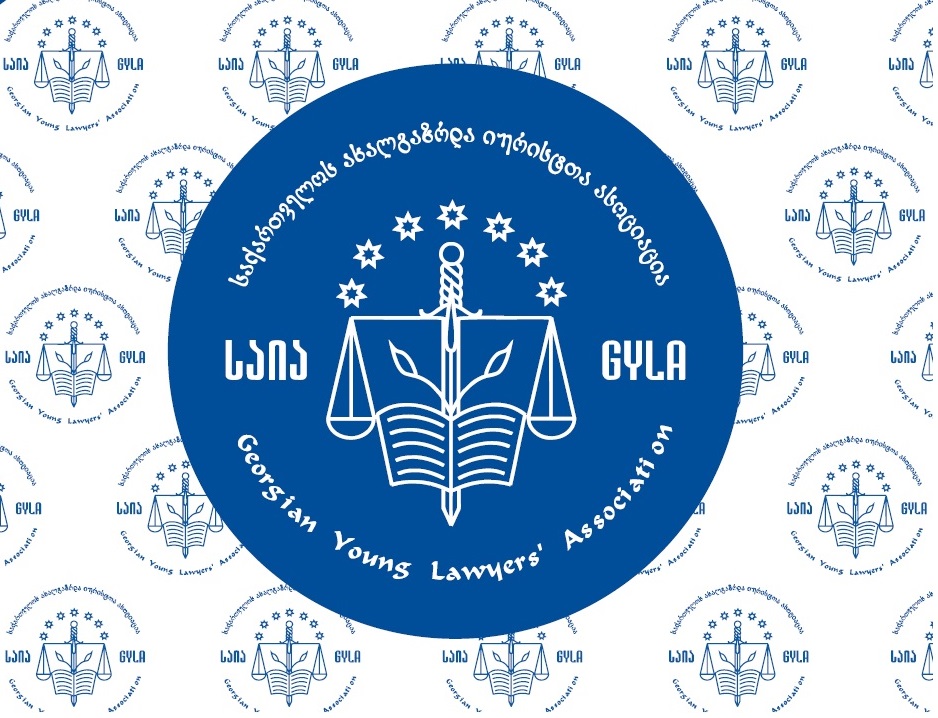


A year ago, on September 18, 2012 mass media disseminated recordings illustrating prisoners’ torture and inhuman and degrading treatment in penitentiaries clearly demonstrating severity and scale of human rights’ violations in penitentiaries. The footage released on September 18 and later, confirmed the practice of ill-treatment previously pointed out by the public defender and NGOs actively. However, the state internal control mechanisms and bodies with investigative and prosecutorial responsibilities were too lenient and there was absence of political will and action, which consequently encouraged the syndrome of impunity and practice of ill-treatment.
After releasing the prison recordings society demanded timely conduct of independent, impartial and effective probe not only on disseminated films, but also on all facts of ill-treatment that might have occurred in penitentiaries or in temporary detention isolators. The high public interest in terms of conduct of effective and independent investigation was caused by the need to restore justice, rethink the past and rehabilitate victims of torture and ill-treatment.
Regrettably, today, after a year from dissemination of the footage, society has no comprehensive picture on systemic violation of human rights that took place in the penitentiary system. The results of ongoing investigation are not transparent. Public possesses only general information on investigation process, including convictions of several individuals at merit hearings, plea-agreement made with 8 defendants and dropping of charges against Vladimer Bedukadze on the basis of pre-agreement on “special cooperation”.
We think that making of plea-agreement on torture and inhuman treatment and dismissal of offenders from criminal liability comes in conflict with international law, including UN Convention on Torture and other Cruel, Inhuman or Degrading Treatment of Punishment, which stipulates that state parties have the obligation to make these offences punishable by appropriate penalties which take into account their grave nature.
In view of above, we believe that dropping of charges against individuals convicted of torture and inhuman treatment, notwithstanding the level of cooperation, contravenes Georgia’s internationally agreed obligations.
In addition, there remains a high level of public interest in terms of practice of ill-treatment, its scale, organizer and implementer individuals, criminal responsibility of political officials and other issues. Public is also eager to receive information on conditions of plea agreement made with accused individuals and reasonability/necessity of making them. Nevertheless, none of plea-agreement documents are available to public so far. In general, information on the process of investigation, determined circumstances and the current outcomes is also limited.
After a year since dissemination of the recordings, in case of timely and effective investigation, the scope and degree of the offence in penitentiary institutions should have been determined, as well as the number of individuals subjected to torture and inhuman treatment, identity of persons involved in preparation and implementation of the offence and the degree of their involvement. Timely and effective investigation, as well as disclosure of the results is crucial not only for administration of justice and prevention of offence, but also for rethinking of the past by the society.
In view of above, we appeal relevant agencies to submit to public detailed report on implemented investigation and results during a year on the facts of torture and inhuman treatment in penitentiaries and to inform about programs implemented by the state for rehabilitation of the victims of torture and inhuman treatment and their re-socialization. In addition, we appeal the General Prosecutor to disclose plea-agreement documents made with accused (with observance of privacy interests).
Human Rights Education and Monitoring Center (EMC)
Article 42 of the Constitution
Georgian Young Lawyers’ Association
Transparency International Georgia
Human Rights Center
Open Society Georgia Foundation (OSGF)
Georgia Democracy Initiative (GDI)
International Society for Fair Elections and Democracy (ISFED)
ჯ. კახიძის #15, თბილისი, საქართველო, 0102 ; ტელ: (995 32) 95 23 53; ფაქსი: (995 32) 92 32 11; ელ-ფოსტა: gyla@gyla.ge; www.gyla.ge
15, J. Kakhidze str. 0102, Tbilisi, Georgia. Tel: (995 32) 95 23 53; Fax: (995 32) 92 32 11; E-mail: gyla@gyla.ge; www.gyla.ge